A deepening economic crisis, fueled by decades of conflicts, is affecting the people of Afghanistan on many different levels.
ARTICLE 13 JULY 2022 AFGHANISTAN
In August 2021, the Islamic Emirate of Afghanistan (IEA) took control of the country, following which a number of international donors immediately suspended most of the non-humanitarian funding that constituted over 70% of the government expenditures. Additionally, about $9 billion assets in the Afghan Central Bank were frozen, resulting in an acute financial crisis for the banking sector in the country and for families across Afghanistan.
Compounding the impact of this dire situation, the country has been hit by one of the worst droughts in recent years, significantly reducing food crops and water supplies in many parts. Reports show that the drought has severely affected wheat yield, cutting it by a quarter in some provinces, according to some recent statement from the Agriculture, Irrigation and Livestock Department in Jalalabad. Consequently, the price of staple food has shot up even more, making even basic groceries inaccessible to most people.
Haji Mirza, who has been a shopkeeper in Kabul for the last 26 years, is worried about the situation. He has been noticing a sharp decline in the number of customers coming to his shop over the last several months. Those who do come have also been requesting him to give them groceries on credit because they do not have cash to pay him. On the other hand, he has been paying higher prices to buy stock for the shop.
Haji Mirza does not know how long he will be able to continue business under such circumstances and he does not see a way out. “Earlier, some people would buy staple food items worth 20,000 AFN (equivalent to $225) per month but now they can hardly afford to spend 5,000 AFN (equivalent to $56),” he says. “More and more customers have been asking me to give them items on credit,” he adds.
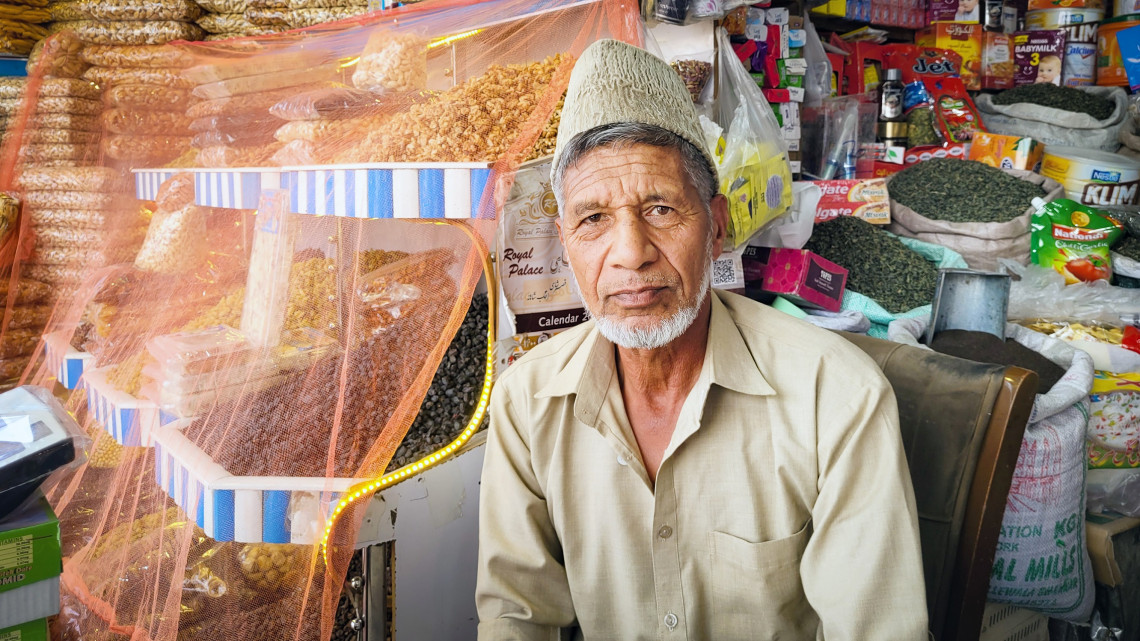
Haji Mirza, a shopkeeper in Taimani area’s central market in Kabul, is worried about how his business will sustain in the face of acute economic crisis in the country. Parwiz Ahmad FAIZI/ICRC
For Haji Mirza, these are tangible signs of how food insecurity and higher inflation rates are affecting hundreds of thousands of unemployed Afghans and their families. Pointing out that prices of basic food items such as flour, rice and oil have almost doubled over the last few months, Haji Mirza says that the armed conflict in Ukraine has also affected the market prices in Afghanistan.
Kazakhstan, the main exporter of wheat to Afghanistan, recently imposed export restrictions because of the conflict in Ukraine. The price of cooking oil is also on the rise as 60% of the sunflower oil produced worldwide comes from Ukraine and Russia. Since June 2021, the price of wheat flour has increased by up to 68%, cooking oil by 55%, fertilizer by 107% and diesel by 93%.
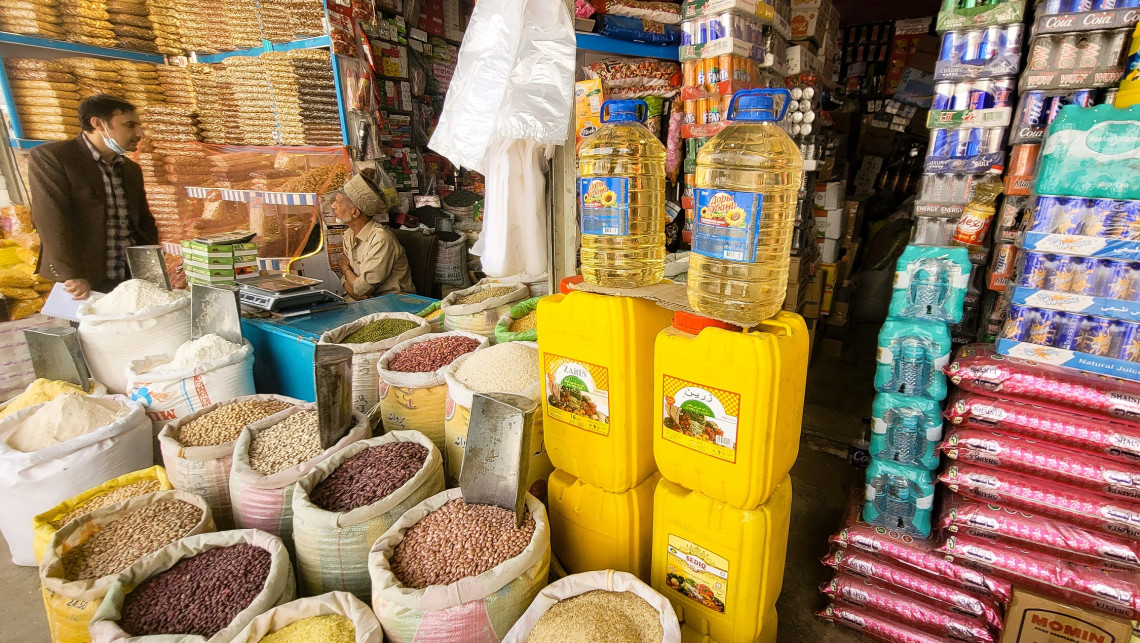
Haji Mirza shares that customers have been requesting him to give them items on credit because they do not have cash to pay. Parwiz Ahmad FAIZI/ICRC
These are much more than mere statistics for Haji Mirza, who has also been struggling to provide for his family because of low income. “I can no longer afford the cost of my children’s education in private schools. And I know that many of my customers, artists, singers and former government employees, are now unemployed and unable to afford their children’s education,” he says.
Ahmad Siar, a truck driver in Kabul, has been without a contract for many months. He also complains about unemployment and the spiking food prices.
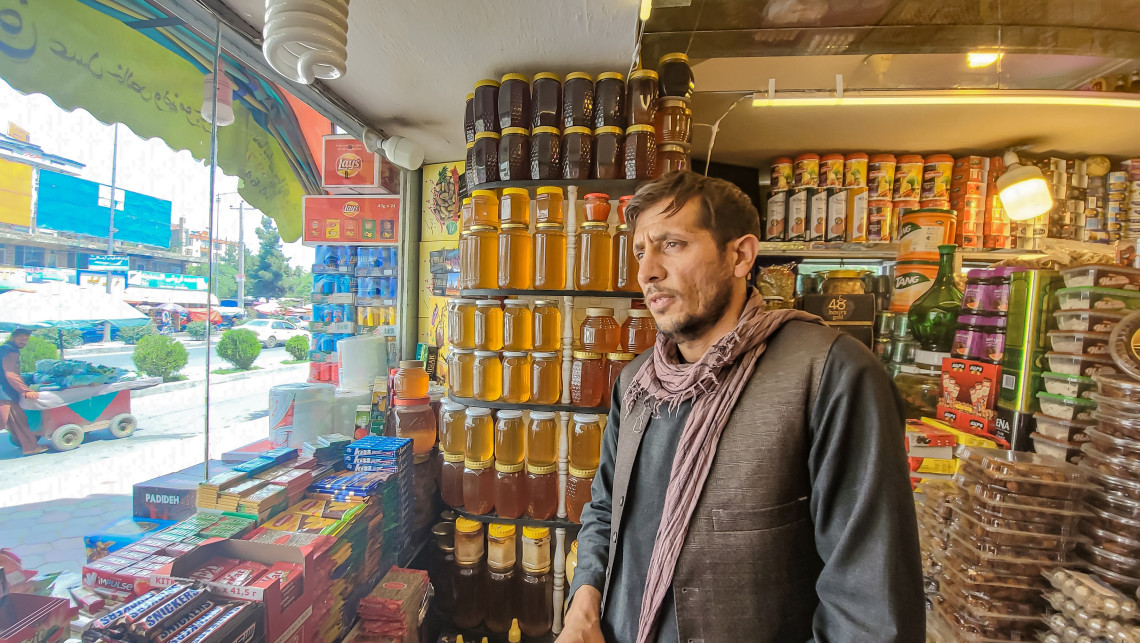
Ahmad Siar, a truck driver based in Kabul, is holding on to hope despite surviving on bare minimums. Parwiz Ahmad FAIZI/ICRC
“Earlier my family could afford to eat a good meal at least once a week, but now we barely manage a good meal once a month. The price of basic food items has increased so much that people like me simply cannot buy them. Instead, we have been forced to carefully ration what we eat and buy only half the quantity of groceries that we used to normally buy,” he says.
Talking about a topic that is rarely discussed in his community, the truck driver shares that his mental health has taken a hard hit. “I am always thinking about how to support my family of six children. This is not only about me but all Afghans,” he says, adding, “Despite these challenges, we have to be hopeful.”
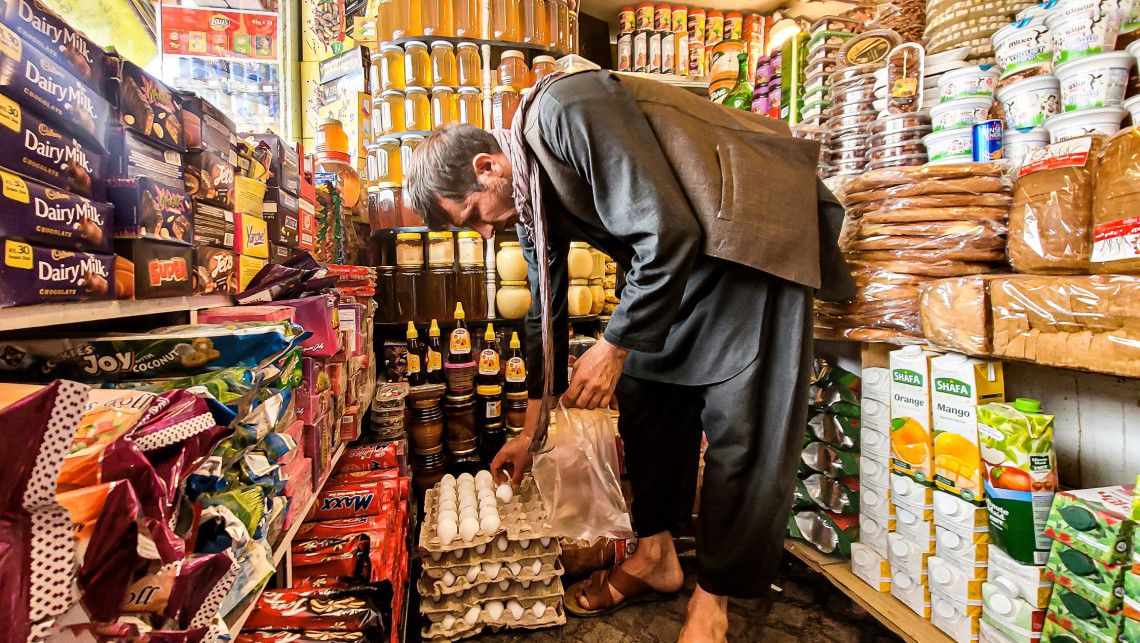
Ahmad Siar, an unemployed truck driver, shops in Taimani area’s central market in Kabul. He shares that they have been carefully rationing their groceries. Parwiz Ahmad FAIZI/ICRC
The International Committee of the Red Cross (ICRC) in Afghanistan has focused its activities to help the most vulnerable households. Between January and June 2022, over 7’000 most vulnerable families (56,000 individuals) across Afghanistan have been assisted through multi-purpose cash grants to meet their basic family needs. We also helped around 11,000 drought-affected farmers’ households to resume farming activities. Many of them were forced to stop farming for some time as they had to flee their homes because of violence.
In addition, the ICRC launched a cash-for-work project in Gulbahar, providing short-term employment and income-generating opportunities for the most vulnerable people.
Despite this support, the humanitarian needs in Afghanistan have significantly increased and more humanitarian assistance is needed to prevent the situation to further deteriorate.
The ICRC has served the people of Afghanistan for more than 40 years and will continue to do so as long as the support is needed. We are working across the country, together with the Afghan Red Crescent Society. We currently have a team of over 1,800 staff who provide a range of humanitarian services, including quality health care, physical rehabilitation support, protection, improved water and sanitation and economic security. Our teams are present in Khost, Herat, Lashkar Gah, Kandahar, Kabul, Mazar-i-Sharif, Faizabad, Jalalabad, Ghazni, Gulbahar and Farah.


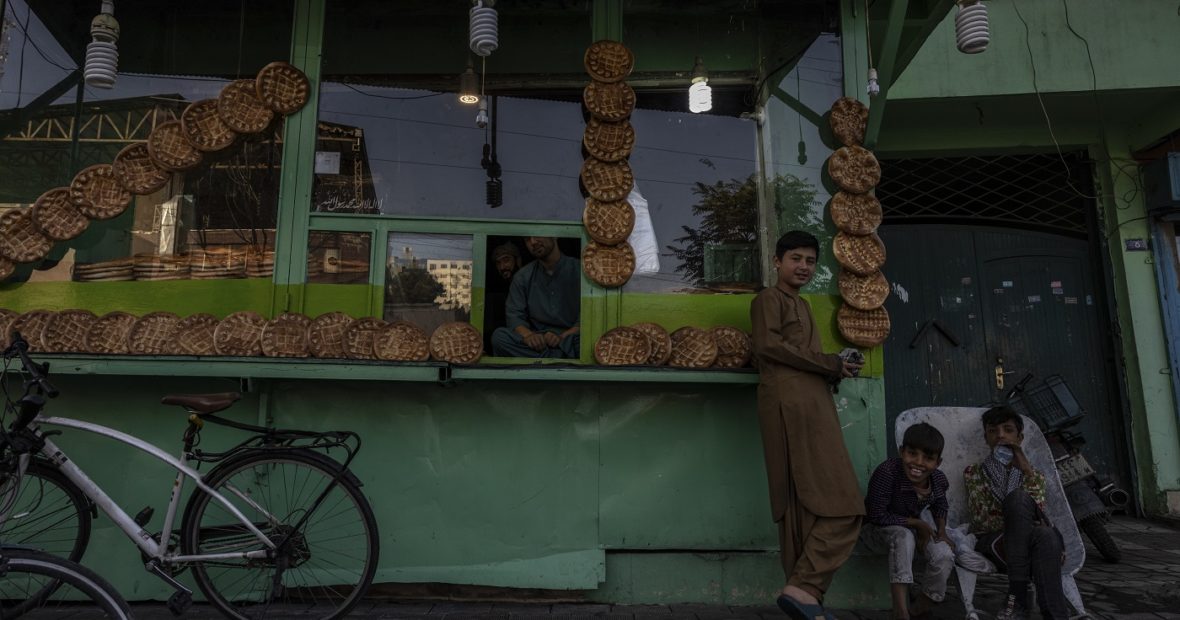
Comments